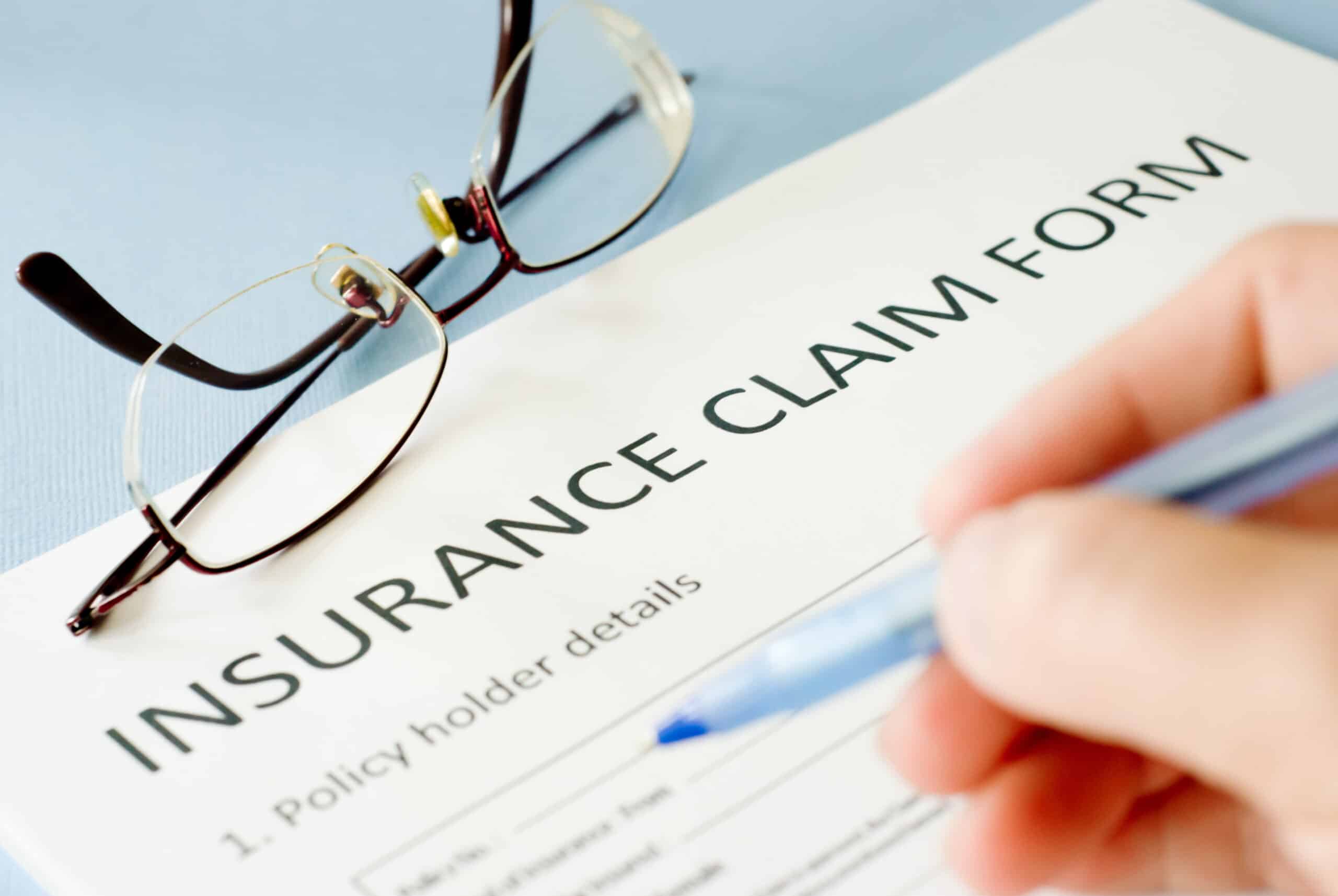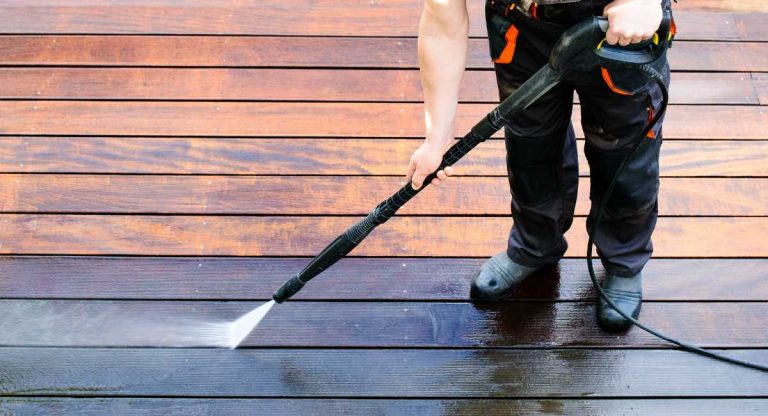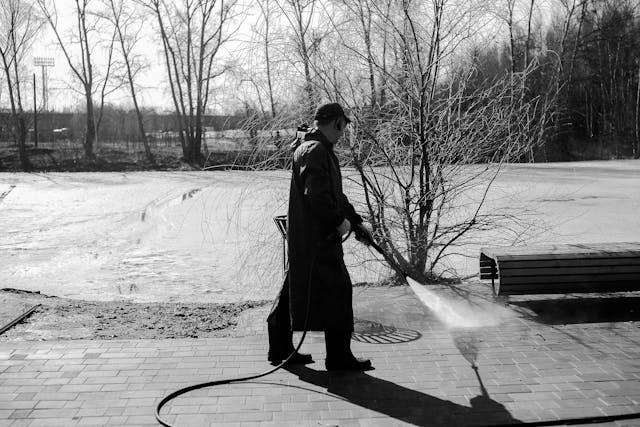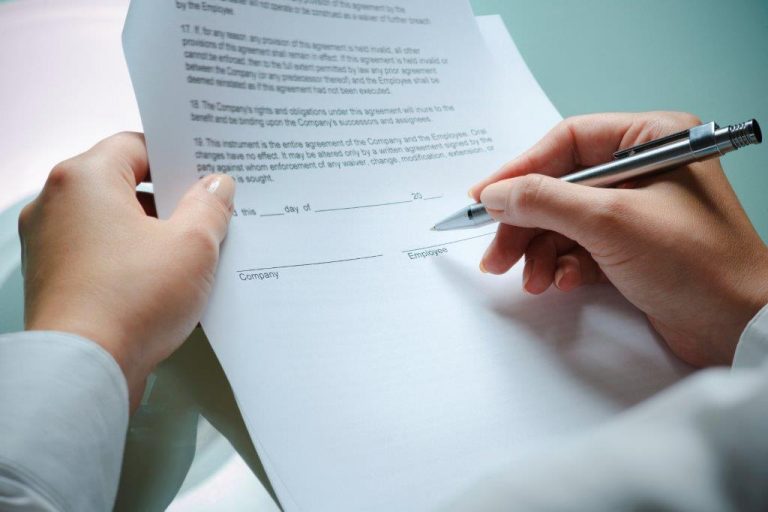
Hiring a power washing service may seem simple — a clean home, sparkling driveway, and curb appeal boost. But there’s one important detail many homeowners overlook: insurance and liability. 💼💧
Power washing may look harmless, but it involves high-pressure equipment, ladders, slippery surfaces, and powerful cleaning agents. If something goes wrong — whether it’s a broken window, damaged siding, or an injured worker — the last thing you want is to be held financially responsible.
This article explains what kinds of insurance matter, why they’re essential, and what you should always ask a power washing company before hiring them. ✅
🚨 Why Insurance Matters More Than You Think
Imagine this:
- A technician slips and injures their back on your wet driveway
- Overspray strips the paint off your wood siding
- Bleach-based cleaner kills your flower beds 🌸☠️
- A high-pressure wand shatters your garage window
Without proper insurance coverage, you could be footing the bill. Or worse, you could be liable for medical expenses if a worker gets injured on your property.
Insurance protects both you and the contractor — and is one of the most important things to confirm before scheduling any power washing service. 📋🔍
🧾 The 2 Key Types of Insurance to Look For
When hiring a power washing company, verify that they carry both of the following:
1. General Liability Insurance
This is the most basic and critical type of insurance. It covers damage to your property caused by the contractor during the course of their work.
🛠️ What it covers:
- Broken windows or fixtures
- Damaged siding, paint, or landscaping
- Chemical damage from soaps or detergents
- Overspray damage to vehicles or nearby property
If a worker accidentally damages your property and they don’t have liability insurance, you may have to pay out of pocket or try to take them to small claims court — which can be costly and time-consuming.
📌 Minimum coverage to look for: $500,000–$1 million policy
2. Workers’ Compensation Insurance
This protects you if a worker is injured while performing work on your property.
🧍♂️ Why it matters: If the company lacks workers’ comp and an employee gets injured on your property (say, falling off a ladder), they may sue you for medical costs and lost wages — especially if your homeowner’s insurance denies the claim.
Only businesses with employees (not solo owner-operators) are typically required to carry this, but it’s good to ask either way.
✅ Ask directly:
“Do you carry general liability and workers’ compensation insurance, and can you provide a certificate of insurance (COI)?”
🧾 Optional But Useful: Bonding
Some companies advertise that they are “bonded.”
This means they’ve taken out a surety bond, which is a type of protection if the company fails to fulfill the contract or doesn’t pay subcontractors.
While not required, bonding offers peace of mind, especially for larger jobs or contracts.
🧠 How to Verify Insurance Coverage
Don’t just take their word for it — ask to see proof. A reputable company won’t hesitate to show you documentation.
What to look for:
- A Certificate of Insurance (COI) with your name or address listed as the certificate holder
- Matching business name and contact info
- Policy numbers and coverage limits
- Valid dates (check for expiration!)
📎 Pro tip: Save a copy or photo of the COI with your records.
❌ Red Flags to Watch For
Be wary of any contractor who:
- Claims they’re “covered by their equipment rental company”
- Tells you “my buddy helps me and he’s fine”
- Can’t produce a COI or says, “Trust me, we’re insured”
- Offers cash-only services with no paperwork
These are signs the company may not be operating professionally — and could leave you vulnerable if something goes wrong. 🚫
🏠 Does Homeowner’s Insurance Cover Damage?
In some cases, yes — but don’t count on it.
Homeowner’s insurance may deny claims for:
- Damage caused by unlicensed or uninsured contractors
- Negligence or failure to vet who you hired
- Situations where the contractor was clearly at fault
If the damage is small, you might pay your deductible anyway — and still risk a rate hike. It’s always better to prevent the problem by hiring someone properly insured. 💡
✅ Checklist Before Hiring
Before you sign any agreement or schedule service, run through this quick checklist:
✔️ Ask for a Certificate of Insurance (COI)
✔️ Confirm general liability + workers’ comp (if applicable)
✔️ Look up reviews and reputation
✔️ Avoid deals that feel “too good to be true”
✔️ Keep communication professional and documented
✔️ Save a copy of the COI for your records
💬 Real-Life Example
One homeowner hired a cheap power washer from an online ad. They damaged the garage door with high pressure and then ghosted the client.
Turns out, they were uninsured and using rented equipment.
The homeowner ended up paying $1,200 for repairs — all to save $50 on the service. 😓
🧼 Final Thoughts
Hiring a power washing service isn’t just about price or availability — it’s about trust. Insurance and liability coverage are your protection against the unexpected, and any professional contractor should have them readily available.
Before anyone turns on a pressure washer on your property, make sure they’re covered — so you don’t get soaked by surprise costs. 💦💸
Peace of mind is worth every penny. 🏡🛡️✨
Browse Amazon Here For Popular Pressure Washers And Accessories






